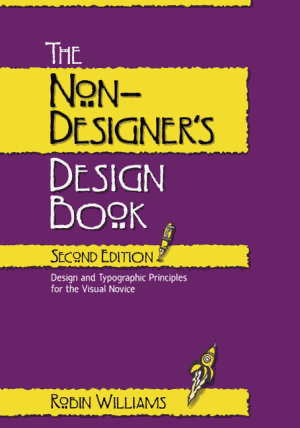.net
Defining Open Source
As I mentioned two weeks ago, my plan is to contribute $10,000 to the .NET open source ecosystem. $5,000 from me, and a matching donation of $5,000 from Microsoft. There’s only two ground rules so far: 1. The project must be written in .NET managed code.







